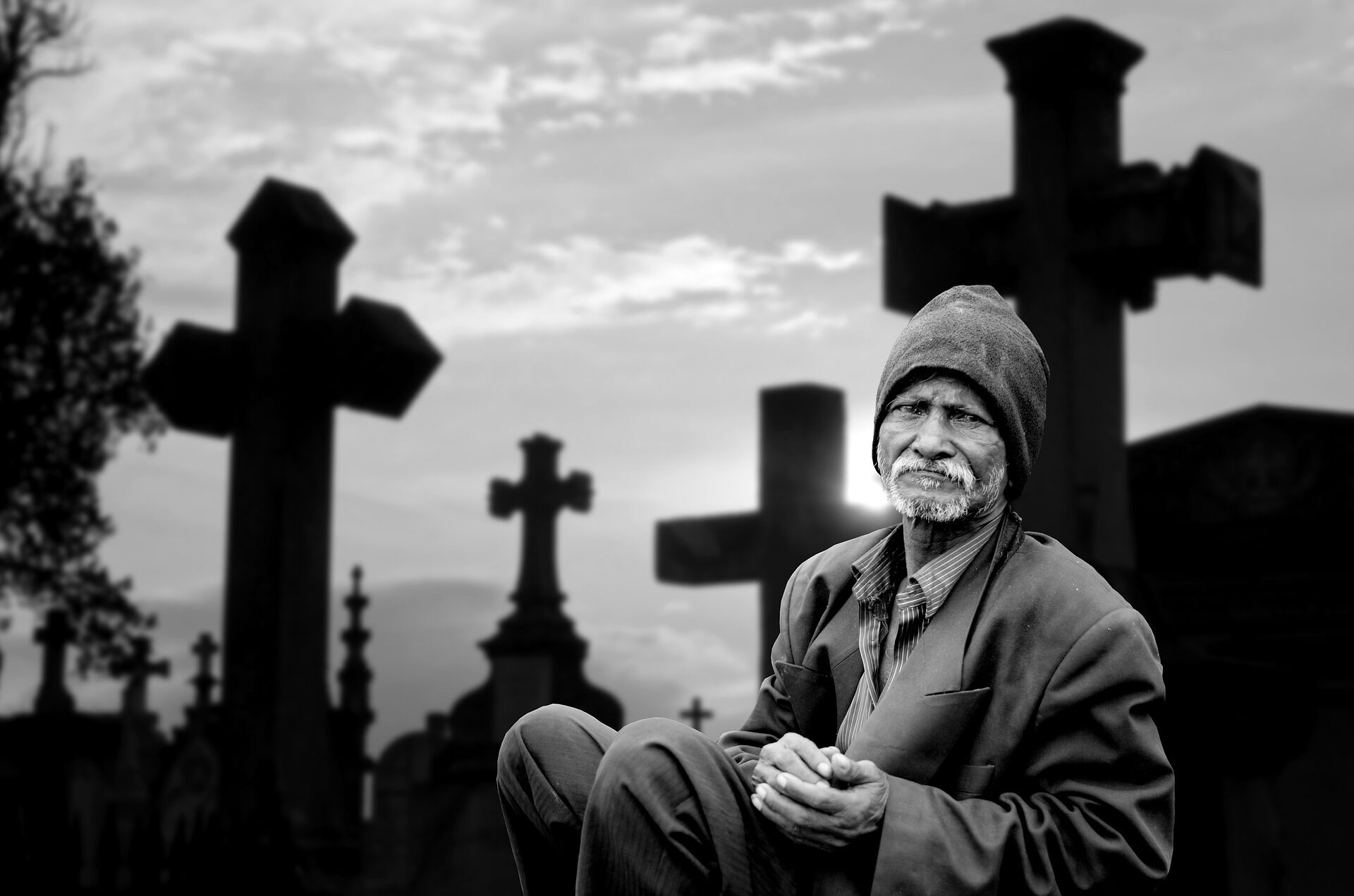Grieving the loss
Grief, being a natural response to loss, is a healthy phenomenon unless it takes certain forms that are considered troublesome

The demise of Britain's Queen Elizabeth II was mourned by millions of people, old and young. The grief-stricken British citizens flocked to the streets to bid adieu to their beloved Queen. While a loss is a part of life, it is quite painful.
What is grief?
Grief is a response to loss. The term is used particularly for the loss of someone who may have died. Grief is multi-faceted. It is more than a mere emotional phenomenon, and carries physical, cognitive, social, cultural, spiritual, and even philosophical dimensions that matter.
Bereavement is a period of mourning or a state of intense grief, especially following the death of a loved one. The terms grief and bereavement are often used interchangeably. But bereavement refers to the state of loss, while grief is the reaction to that loss.
Is it normal?
Yes, grief is considered normal and a natural response to loss. It is considered healthy even. While there is no perfect definition for the timeline for which one should grieve, since it can come and go in waves, on average, it is seen that one may experience improvement in symptoms in about six months to even 1 to 2 years.
When is it considered to be an issue?
When grief becomes complicated, prolonged, or delayed.
⁕ Complicated grief: Complicated grief describes atypical feelings and responses that can be extremely intense and persistent, leading to dysfunction in day-to-day activities.
⁕ Delayed grief: The experience of feeling the loss and sadness long after the actual event has transpired. This can happen months, years or even decades after the loss.
⁕ Prolonged grief disorder: In the DSM-5-TR, a diagnostic manual, after studies over several decades a new criterion has been added. Many people were experiencing persistent difficulties associated with the bereavement that exceeded expected social, cultural, or religious expectations and hence the diagnosis of prolonged grief disorder was coined.
Stages of loss and grief by Elizabeth Kubler Ross
A time-tested and acceptable model for grief is the one proposed citing the five stages of grief in the 1969 book, 'On Death and Dying'. Whilst this was meant to be applied to those who were dying (for example from a terminal illness like cancer) but is often extrapolated to those surviving them as well.
The five stages are: denial, anger, bargaining, depression and acceptance
What can grief look like:?
Each person's way of grieving can be different and unique. While some feel a sense of emptiness and inability to feel joy, others can have trouble sleeping, eating, vivid dreams, or even transient hallucinations of a loved one calling their name out. Of course, the common ones are sadness and anger. Some people deal with grief through rituals, taking some time off, delving into work and even in therapy.
Why do some people laugh at funerals? What is coping ugly?
Some people find them being scrutinized for laughing at funerals. The idea of death may appear funny or distressing in a different way. This is an anxious response on their behalf. It's their body's way of making them feel less pain. Is that normal? Yes, it's culturally inappropriate but considered normal by mental health experts. This is called "coping ugly". Because grief responses can take many forms, including laughter, celebration, and bawdiness, in addition to sadness. Research by George Bonanno studied the phenomenon that grief and coping with grief take many forms. Behaviours that may not be healthy ordinarily, may be helpful in times of stress, such as self-serving biases.
What to do if someone is grieving?
⁕ Support them and listen
⁕ Avoid toxic positivity: No toxic platitudes like "Oh it is a good thing, they were suffering". Allow the person to express their grief without giving too many responses.
⁕ Help and non-verbal gestures: Bring them food, help them clear closets, and take over some of their workload.
⁕ Quiet and space: If you find it hard to help due to your own emotional baggage, just leave a message and allow them to heal. Sometimes doing less is more.
Send your questions to [email protected]



